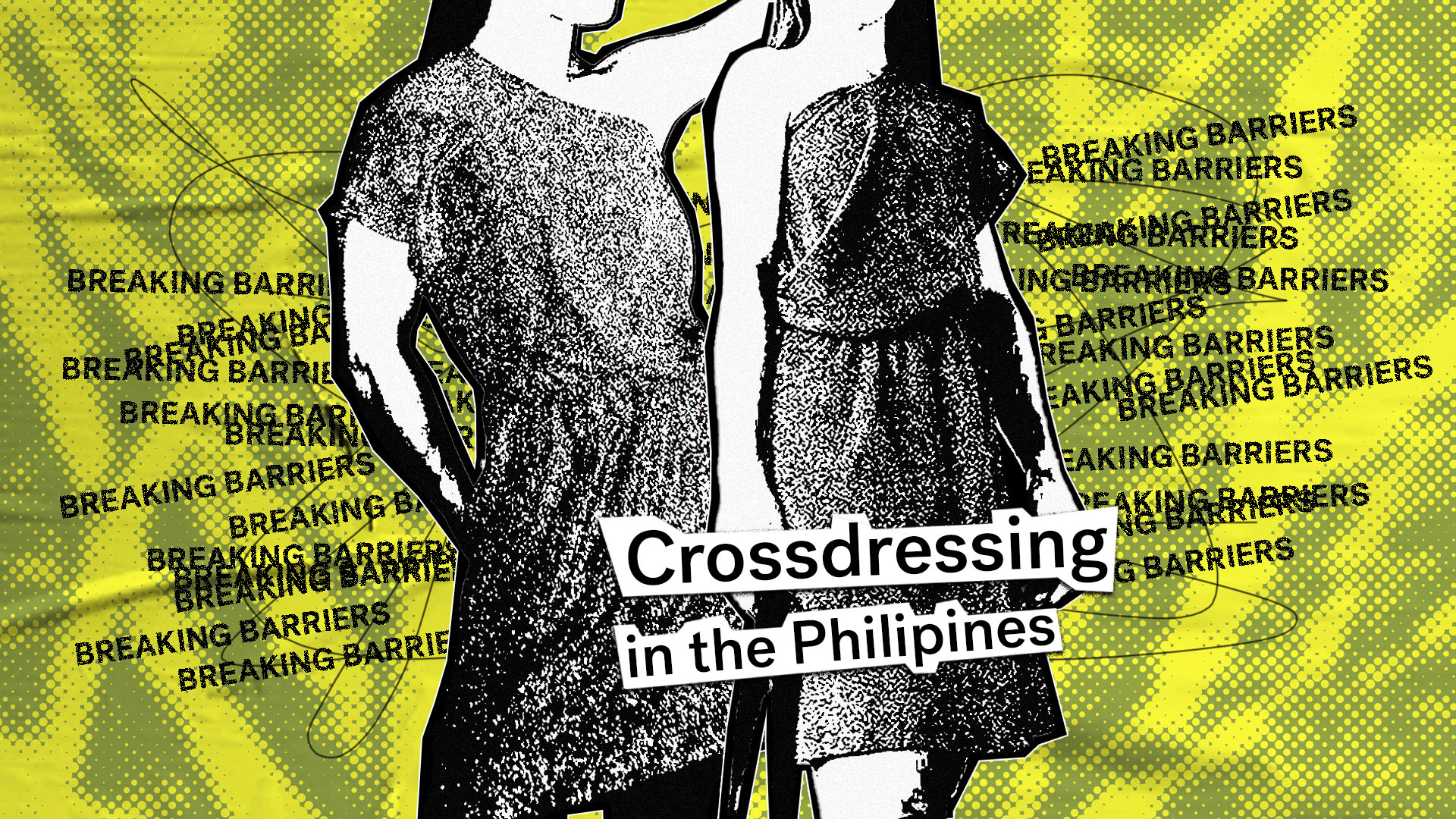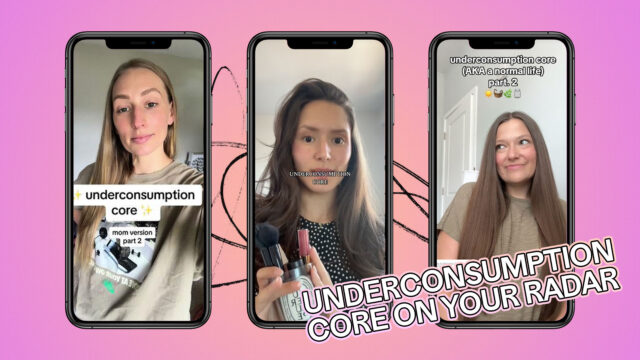Have you ever thought about how a piece of fabric could shake up your identity, or even worse, deny you of it?
Related: The Power Of Safe Spaces: Splashing Colors In This Kaleidoscope World
The photos in this story were approved by the interviewee to be published but are blurred to protect her identity.
Last November, Carla (not her real name), a 22-year-old transwoman senior student of Negros Oriental State University – Guihulngan City Campus (NORSU-G) was denied entry to her university Acquaintance Party all because of a “No-crossdressing Policy” imposed by her school’s administration. After being refused by the security guards and a few attempts at blarneying them for consideration, Carla was ultimately rejected. Despite being heartbroken and indignant, the Social Studies graduating student took to social media to share her story.
In the now-deleted Facebook post, along with selfies of herself clad in a sparkly silver half-shoulder dress she wore to the event ––a dress that reflected her identity, Carla expressed her disappointment at being barred from the event meant for expression and camaraderie. The post was quickly shared by hundreds of netizens on the platform, sparking outrage and support from her schoolmates, LGBTQIA+ members, and allies alike. Carla, on the other hand, incongruously removed the post the next day. The reason being, soon became apparent.
She said she returned to the party later that evening because her friends and teachers had asked her to come back dressed in men’s clothing rather than women’s so she could enter and change back into her original ensemble once inside. Carla further went on to say that the issue had been resolved through an “internal agreement” between her and the school admin. But one must wonder: is the issue truly resolved? Or is it simply tucked away, waiting for the next Carla to come along?
Examining the Aftereffects: Denial of Rights and Freedom, Perpetuating Bias and Discrimination
This policy didn’t just deny Carla entry to a party; it denied her of her rights, freedom of expression, and personal identity. It’s a policy that perpetuates bias and discrimination. A policy that tells individuals how they should present themselves based on outmoded societal norms. The freedom to express oneself and to show the world who you truly are is a fundamental human right that should never be compromised.
Despite the Philippines being recognized as one of the most gay-friendly nations in the world, the struggle continues as members of the spectrum continue to be discriminated against and bullied. This endlessly contributes to the marginalization and stigmatization of individuals who identify as neither male nor female.
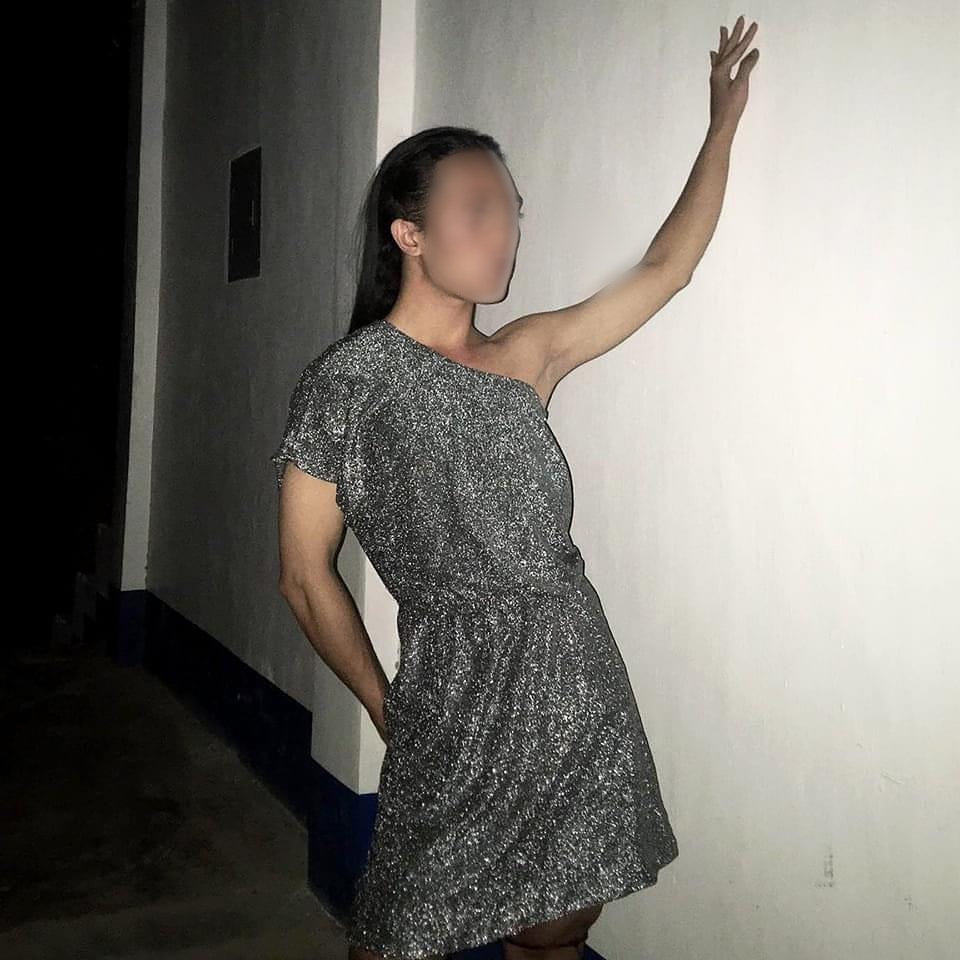
Such experience has been exacerbated by administrative policies that do not allow individuals to dress according to their sexual orientation, gender identity, and gender expression (SOGIE). Furthermore, these outmoded policies should not be allowed in our academic institutions, as they should not be used to clothe oppression amongst the marginalized sector in our community.
This archaic policing, as it suggests, imposes regressive and conservative beliefs on students who do not conform to the standards of society, and it further boils down to the impairment and violation of their legal rights to free expression.
Gendering of Clothing and Importance of Self-Expression
There are a lot of things to be done to foster safe spaces for the LGBTQ+ community, as they still experience discrimination and unjust treatment because of their mere existence and the way they express themselves.
Throughout all of history, clothes were not always gendered. People have clothed and adorned their bodies in various ways, depending on their geographical location or cultural traditions. Gendering clothes is a construct and is subjective; it is ambiguous as different types of clothing can seem normcore or gender-neutral, or feminine, or masculine, depending on who you ask.
Today, clothing and how people dress have drastically evolved; fashion and style have become the backbone of how one presents and expresses themselves, feel like themselves, and feel good about themselves.
Role of Educational Institutions in Balancing Policies and Constitutional Rights
While educational institutions and their administrations are vested with the right to make policies, their power is not absolute because they should not violate other guaranteed constitutional human rights. This impermissible policy fuels hate and hinders progress toward a better and more accepting society.
Every stakeholder in educational institutions must take part in fostering safe spaces for the LGBTQ community. Student leaders must be the voice and advocate of the marginalized group by being true representatives in lobbying these concerns with the proper school authority. Teachers must separate their personal beliefs and continue to problematize this continuing human rights issue to fully help attain their liberation from oppressors. School administration must listen to the call of their community and try to find common ground to achieve their purpose of providing globally competent education.
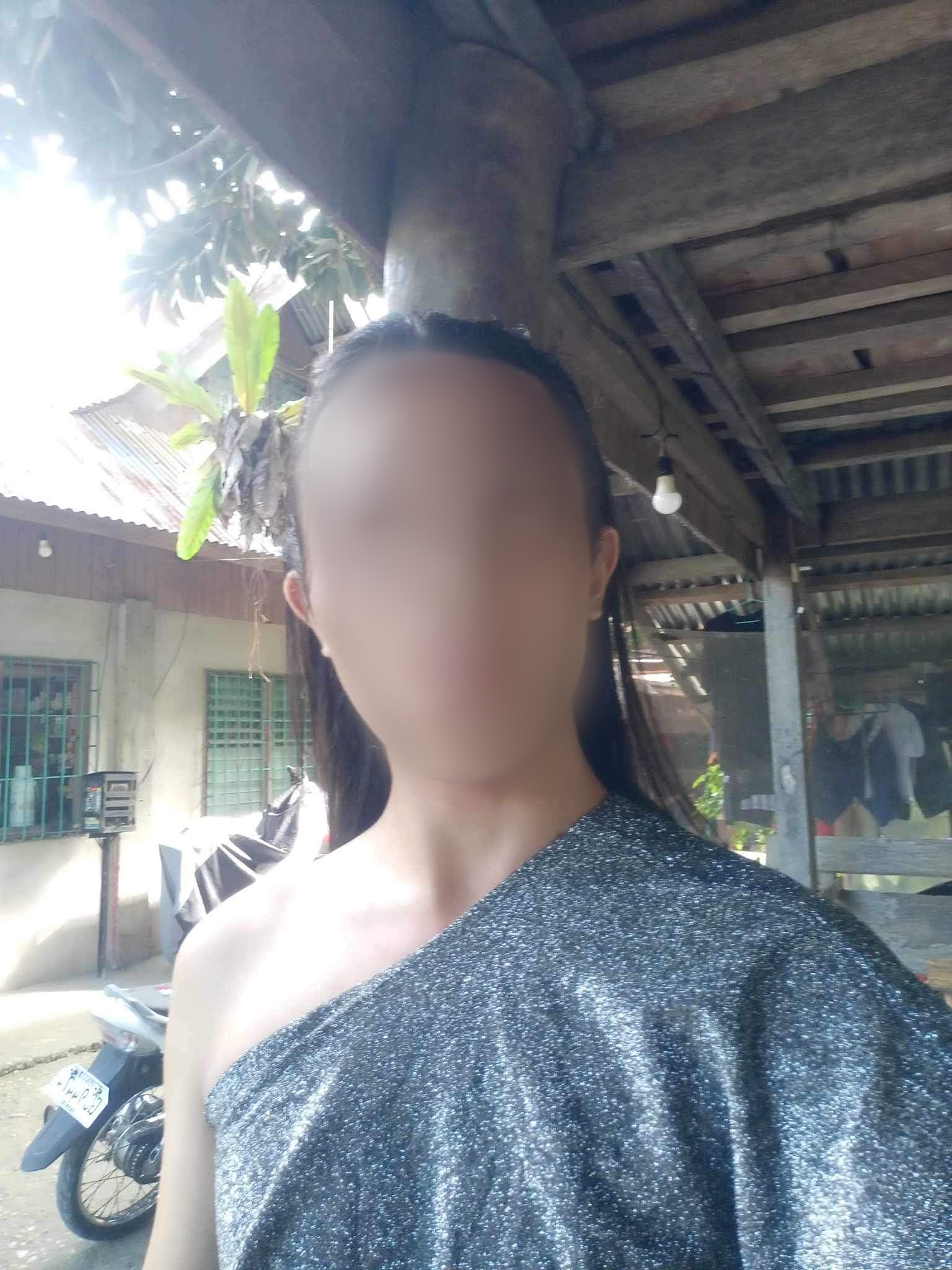
Nonetheless, staffers and members of our educational institution are using the argument of academic freedom as their pass to perpetrate oppression as if it’s a magic wand every time they say “no” to the rights of the LGBTQ+ community.
The jurisprudence in our country, according to the 1987 Constitution of the Philippines, tells us that academic freedom has four aspects that the higher institutions should enjoy: (1) who may teach, (2) what may be taught, (3) how it shall be taught, and (4) who may be admitted to study. Therefore, academic freedom does not impose the power to make rules and regulations concerning dress code policy. Such policy is an administrative matter that should come from the school board, but their existing and to-be-crafted policies should not impair or abridge other constitutional rights of the students, specifically freedom of expression.
Advocating for LGBTQ+ Rights in the Face of Discriminatory Policies
Over the years, the no-crossdressing policy has been challenged and criticized by advocates for LGBTQ+ rights, who argue for greater acceptance and inclusivity. Although it is disheartening to witness the continued existence of discriminatory policies that restrict individuals from freely expressing their true selves, many private and public institutions still impose these kinds of policies, which the LGBTQ community hopes to fully eradicate.
It is important to note that societal attitudes and legal frameworks have evolved since then, and the Philippines has made significant strides towards recognizing and protecting the rights of the LGBTQ+ community.
Progressively, a number of cities and municipalities nationwide have since passed ordinances making gender-based discrimination illegal in their own localities. However, only two cities have implementing rules and regulations in place: Cebu City and Quezon City.
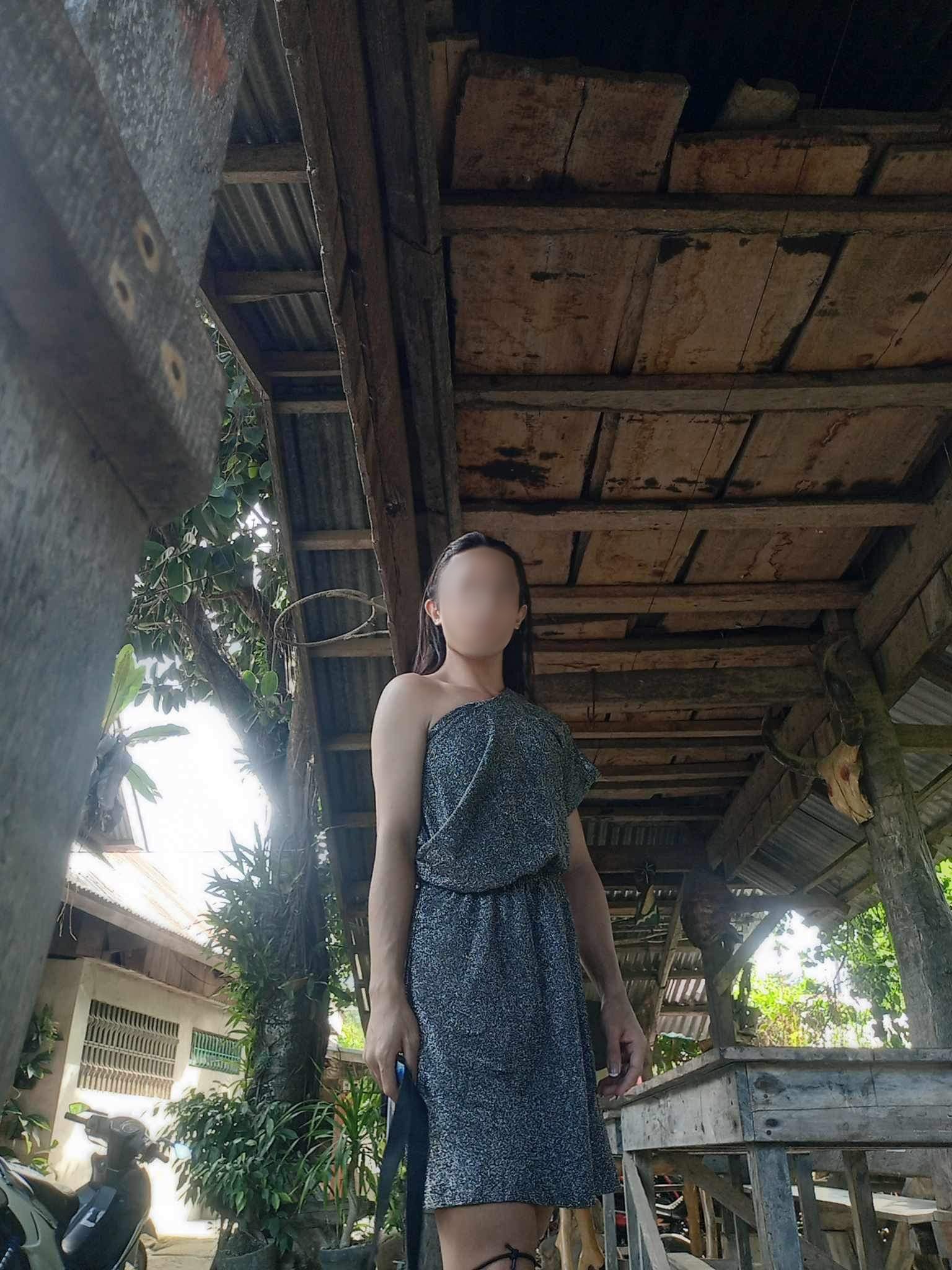
Consecutively, in the hopes of passing the Anti-Discrimination Bill, also known as the SOGIE Equality Bill, there have been repeated efforts to queer its pitch. It has been proposed multiple times in the Philippine Congress, but it has always been thwarted. If passed, the bill would have provided comprehensive protection against discrimination in various aspects of life, including employment, education, and public services for LGBTQ+ members.
Unfortunately, while slow progress has been made in addressing the no-crossdressing policy and promoting LGBTQ+ rights in the Philippines, the implementation and enforcement of existing laws and policies remain a challenge. It is crucial to continue advocating for comprehensive legal protections, raising public awareness, and fostering a more inclusive society to create lasting change.
Promoting Inclusivity: Creating a Diverse and Equal Future
There is a dire need for greater awareness, education, and advocacy to challenge stereotypes and promote understanding. This is a call for collective action to ensure that every individual, regardless of their identity, can live authentically without fear of prejudice and discrimination.
Battles are not won by silence, but by raising voices. By promoting LGBTQ+ rights, we can create a society where everyone is accepted and respected for who they are. It is important to provide support and resources for individuals facing discrimination, as well as to encourage open dialogue amongst different communities to foster a more inclusive society. Together, we can build a future where diversity is celebrated and equality is the norm.
Continue Reading: Filipino Pins On Queering The Map, The Digital Atlas That Immortalizes Queer Experiences All Over The World
